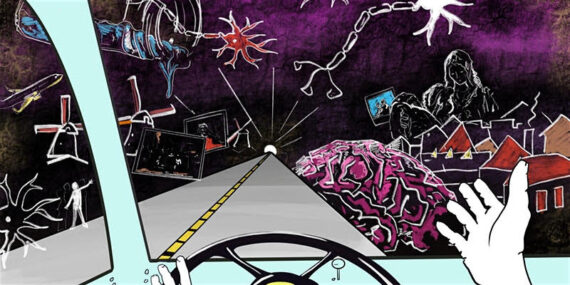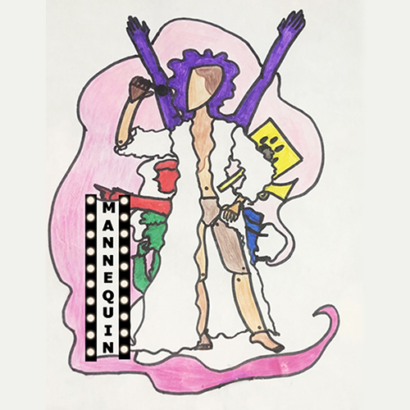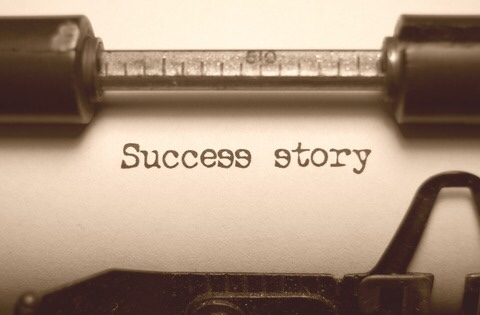
I’ve been coaching a woman in her twenties for a couple of years. When we began together the main issue was that her family and she were majorly entrenched about who was right about how she should live her life. They could not stop fighting. She had fled to a country in the Middle East to get as far away as possible from them and was working at a job that covered her bills but just barely. As a successful college grad, her parents were deeply disappointed. “We know she can do so much better,” they appealed to me. “Can’t you help her get a better job?” We met as a group over Skype. Historically there had been some dynamics in the family where she did not feel she was being honored and treated well by her parents. We addressed those and her parents pledged to do better by her.
Things started to improve and eventually she decided to move back to the United States, and even live with her parents so they could have more time together. But then what she encountered was that she could not get a job easily. Despite having worked in Washington DC and then abroad, somehow, she could not get any traction this side of the Atlantic. She despaired. We only saw each other a couple of times during that year in her life. Over email I advised her to keep applying to jobs. She must have sent her resume out 100 times. Day after day, month after month, she could not find work. Conflicts with her parents got heated. Her self-esteem took a hit. But she did not give up and she eventually landed a job in Boston. The job paid about $60,000. It was enough to afford her to have her own small apartment in the United States for the first time in her adult life. She applied herself completely and within a couple of months had proven herself as an exceptional worker.
But as she worked and worked, she noticed that people around her were compensated at a much higher rate compared to her. She could not understand it. The corporation was structured in such a way that she could only be bumped into a very small percentage of her salary from year to year. “At this rate how will I ever get what I actually deserve?” she asked me. And this, my dear reader is the point of the story. The point I really need you to listen and understand is how we create what we want even when we are at a disadvantage.
I told her “I know that this is unfair. And I also hear that the ways for you to advance seem very narrow and limited. But what I want you to do is commit to receiving what you actually deserve.” She told me what she deserved was closer to $80,000 but that that was impossible. I asked her but what do you deserve? And she said “Actually I would love to get $100,000 but I’m never going to get it at this job. “
So, I told her to be willing to get a different job at a different company at that rate. I told her maybe it is possible you could get that at this job in some capacity, but the most important thing is to commit to getting it somewhere. And to make friends with that process. She agreed.
In the coming weeks she got an unfair and unjustified review at work. Again, she was so upset. I told her “Commit to a job where you are well-treated.” She bitterly withstood watching others be green lit for bonuses and salary increases, some receiving $5,000. I told her she had to hold on to knowing she deserved great treatment and more money.
Then she was finally transferred to a department where her boss appreciated her. She stopped having to overwork. She received a great review just a month ago and therefore was approved for a modest raise. She embraced all these things with gratitude. But she confided in me that it still was not what she really believed she deserved. I concurred. So again, we forged a commitment that she would step into a new job within the next 3 to 6 months where she was being paid at a much higher rate whether at this company or another. Then last night she called me for her session. “I have the greatest news,” she told me “You have to be sitting down.”
“I got a new job in the same company at a different department. I’ll be doing similar work but at a whole other level of compensation. I will be receiving a $26,000 pay increase!”
It was good I was sitting down, but it was on my bouncy ball, so I bounced up and down a while. I told her I completely believed in her and she deserved it. We spent the rest of the session going through what her new responsibilities would be and how she would handle an upcoming business trip abroad. Someone else would be paying for her to see the world.
When we started together three years ago, she was paid about $20,000 a year. She is now going to be making almost five times that. How much money we make at a job is not the only thing that’s important in life. Probably what’s even more important is how good my client feels about herself. How she is self-sufficient and has an inner knowing of her greatness that’s rooted in her now that is unshakable. To have that great feeling along with her ideal salary is the culmination of her blending her positive self-regard with allowing the universe to support her in all ways.
I am now in my 23rd year of coaching. I have coached hundreds of people all around the world. And all of them have achieved amazing things. I can’t always predict whether it will be solely on an emotional, financial, or spiritual level, but when you commit to ongoing coaching with me you expand your greatness, contribute to the world, and great things happen for you that are often beyond what you can imagine.

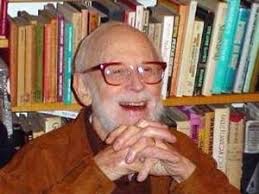
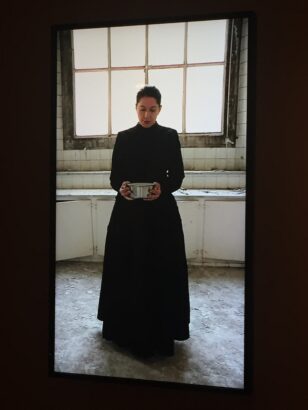
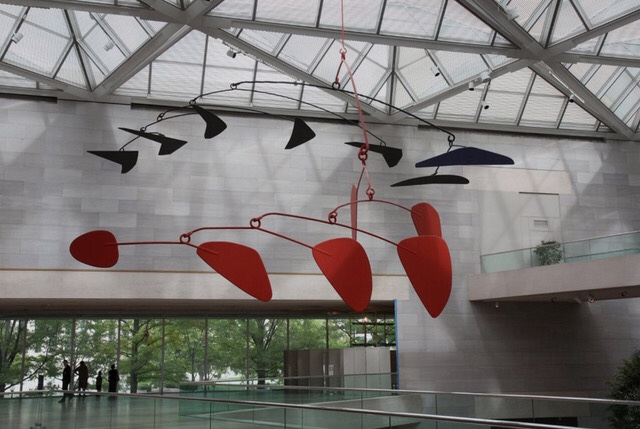 I really enjoyed reading a new book by Gay Hendricks over the winter break. (I got my coaching certification from The Hendricks Institute which he created with his luminous wife Kathlyn Hendricks.) In “The Joy of Genius” Gay talks about the value and importance of recognizing there are many things we don’t have control over and some things we do. Yes, you may also recognize this as the serenity prayer, and I wrote about the concept in an earlier blog post as one of the main teachings of the philosopher and once-slave Epictetus. I’ve encountered some people that say we don’t have control and it’s best to let go regarding just about everything. I find that very hard and sometimes a very boring attitude to have about life. I like trying to go for things, even if they seem unlikely. Where does that leave me?
I really enjoyed reading a new book by Gay Hendricks over the winter break. (I got my coaching certification from The Hendricks Institute which he created with his luminous wife Kathlyn Hendricks.) In “The Joy of Genius” Gay talks about the value and importance of recognizing there are many things we don’t have control over and some things we do. Yes, you may also recognize this as the serenity prayer, and I wrote about the concept in an earlier blog post as one of the main teachings of the philosopher and once-slave Epictetus. I’ve encountered some people that say we don’t have control and it’s best to let go regarding just about everything. I find that very hard and sometimes a very boring attitude to have about life. I like trying to go for things, even if they seem unlikely. Where does that leave me?
 My father was married to his job. We would see him, but not that much. He left the house at 6:15 am or thereabouts and returned home about 5:45 most nights. He didn’t have a lot of energy for anyone at that point. I know we had dinner together, but I don’t recall him bringing a whole lot of enthusiasm to that. He was married to my mother, and they were almost like one organi
My father was married to his job. We would see him, but not that much. He left the house at 6:15 am or thereabouts and returned home about 5:45 most nights. He didn’t have a lot of energy for anyone at that point. I know we had dinner together, but I don’t recall him bringing a whole lot of enthusiasm to that. He was married to my mother, and they were almost like one organi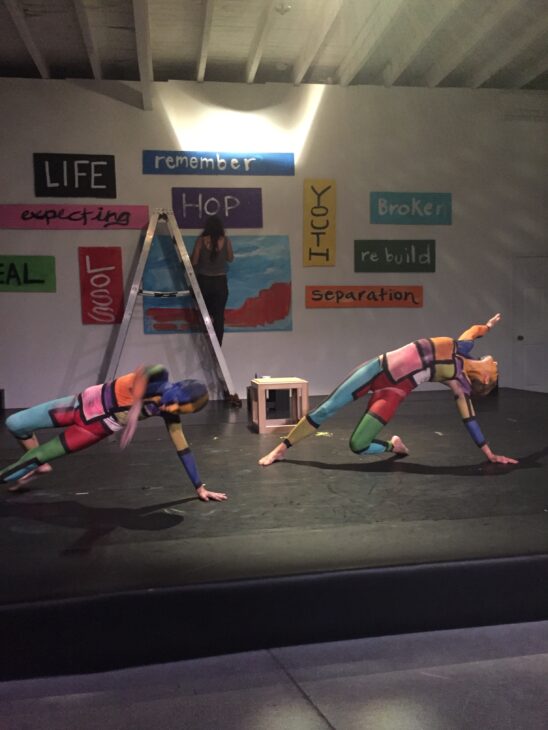



 Read full article
Read full article 
